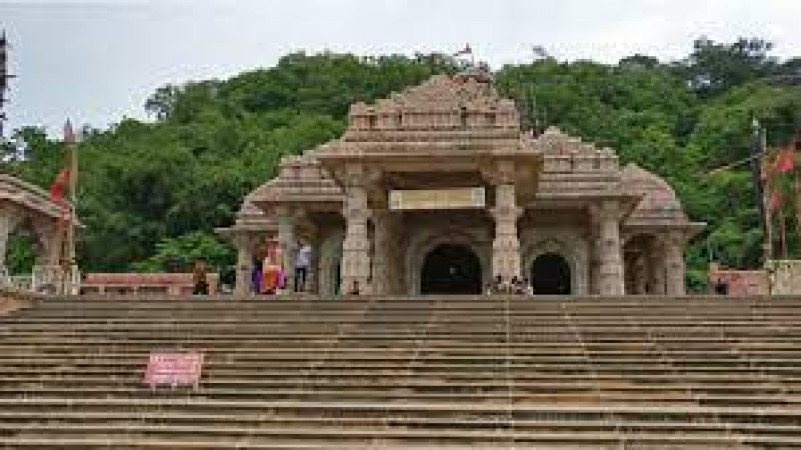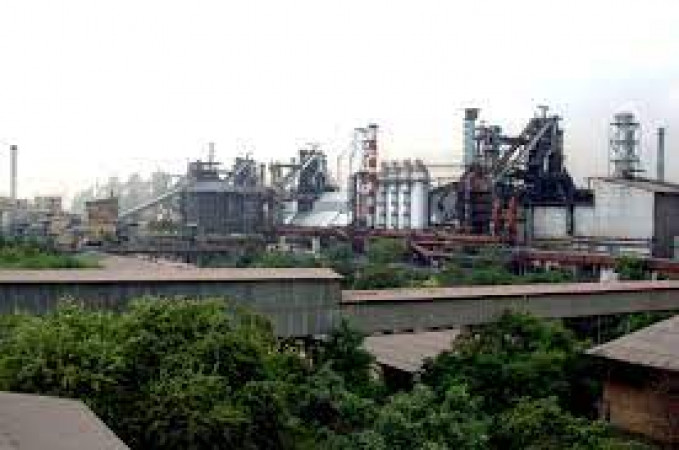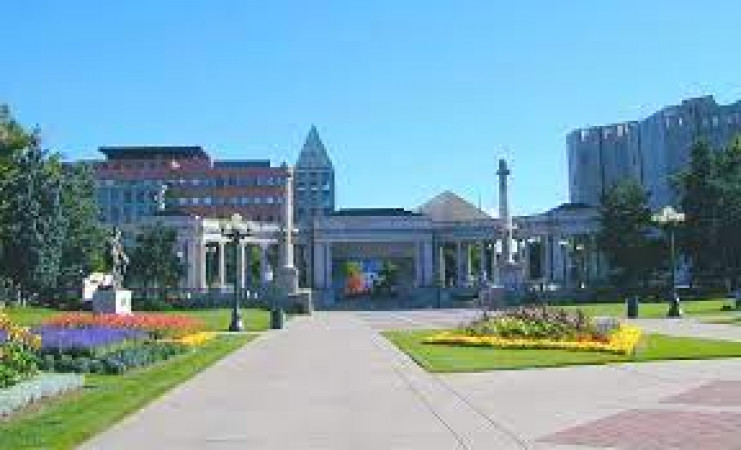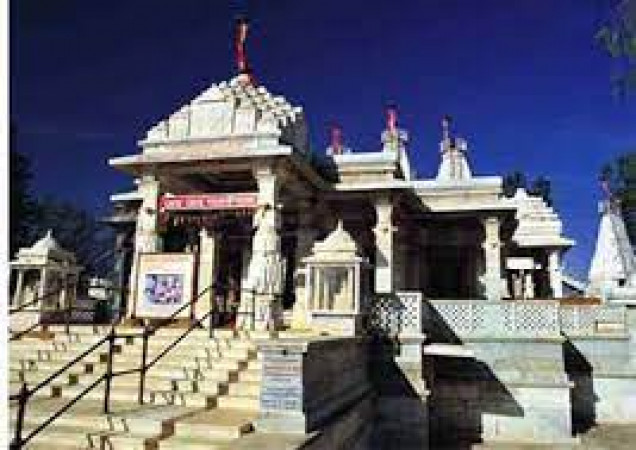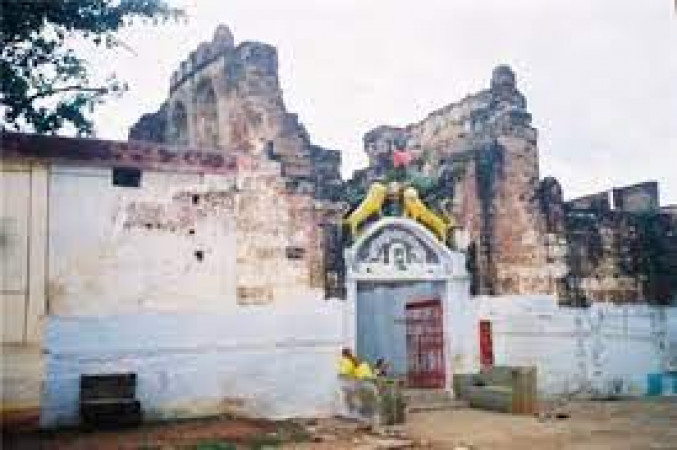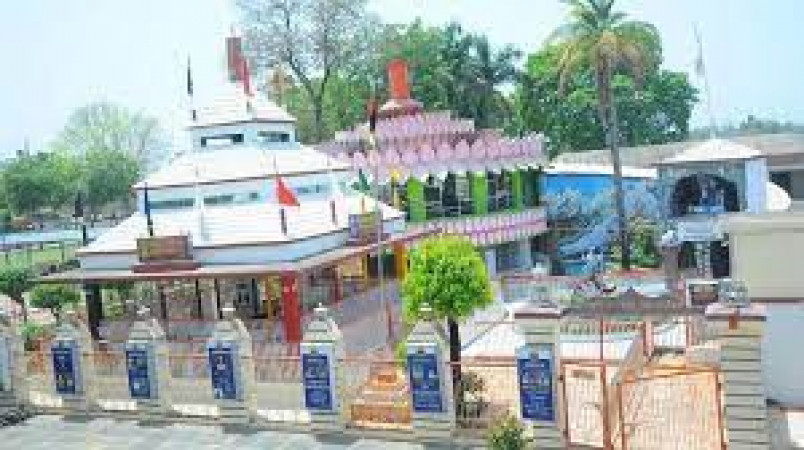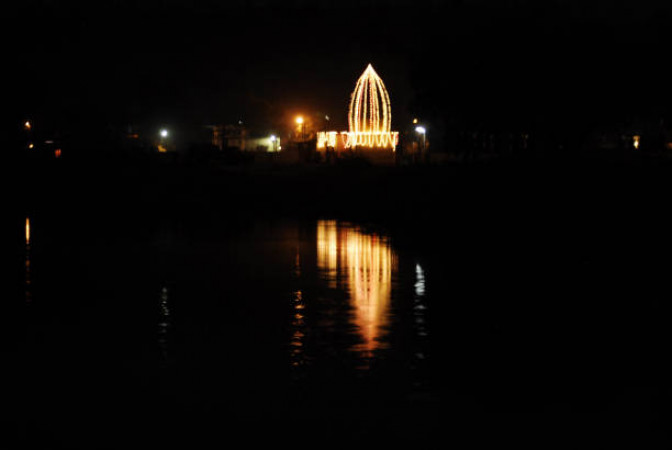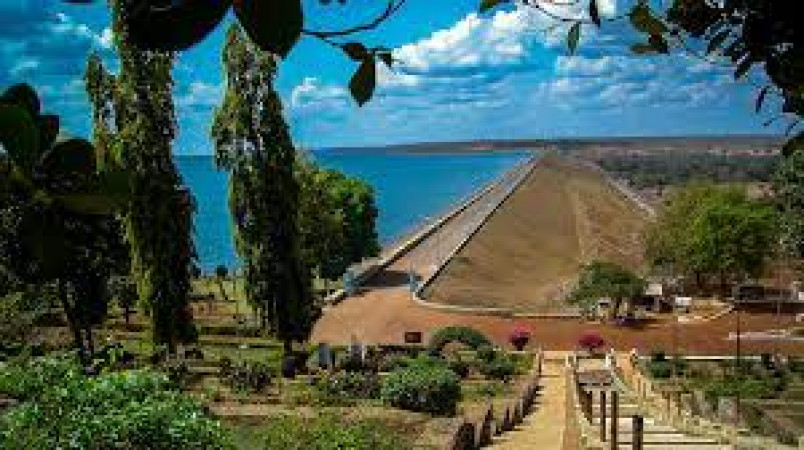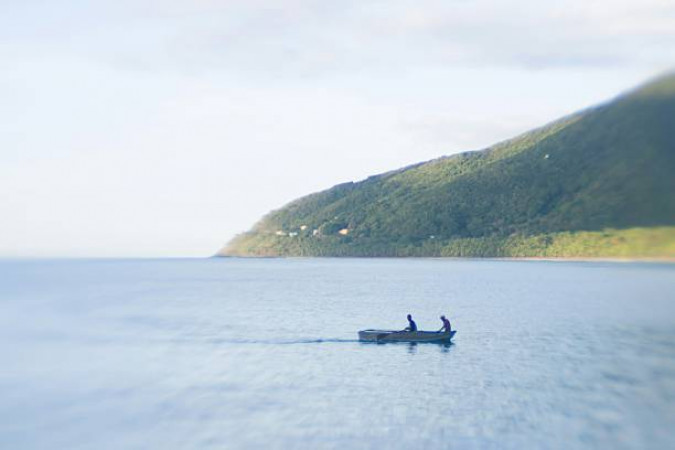
Bhilai Travel Guide
Bhilai, located in the state of Chhattisgarh in India, is a city known for its steel industry and modern urban planning. With a rich history dating back to ancient times, Bhilai has grown into a bustling industrial hub while retaining its cultural heritage. The city is famous for being home to one of the largest steel plants in India, playing a significant role in the country's industrial development.Top Attractions in Bhilai
- Bhilai Steel Plant
- Maitri Bagh
- Deobalod Mini Zoo
- Uwasaggharam Parshwa Teerth
- Tandula Dam
Bhilai is Famous for
Steel industryTop Attractions in Bhilai
- Explore the impressive Bhilai Steel Plant
- Relax at the serene Maitri Bagh
- Visit the unique Deobalod Mini Zoo
- Experience tranquility at Uwasaggharam Parshwa Teerth
- Enjoy nature at Tandula Dam
What's Great about Travelling to Bhilai?
- Experience the blend of industry and culture
- Great for history and architecture enthusiasts
- Opportunity to witness the steel-making process
What's Not So Great about Travelling to Bhilai?
- Limited entertainment options
- Heavy industrial presence may not appeal to all travelers
- Less developed tourist infrastructure
Travel Tips for Bhilai
- Check visa requirements for international travelers
- Use local transportation for easy access to attractions
- Be cautious while exploring industrial areas
Important Bhilai trip information
- Ideal Duration: 2-3 days
- Best Time to Visit: October to March
- Nearby Airports and Railway Stations: Swami Vivekananda Airport, Bhilai Power House Railway Station
Top 12 Places to visit in Bhilai
FAQ's on Bhilai
Q1: What is the best time to visit Bhilai?
The best time to visit Bhilai is during the winter months from October to March when the weather is pleasant and ideal for exploring the city. Avoid the monsoon season from July to September due to heavy rainfall. Tourist seasons are also popular during festivals like Durga Puja and Diwali in October and November.
Q2: Do I need a visa to travel to Bhilai?
Most tourists visiting Bhilai will need a visa to enter the country. Make sure to check with the nearest embassy or consulate for specific visa requirements based on your nationality. Some countries may have visa exemptions or visa-on-arrival facilities for short visits.
Q3: What are the must-visit attractions in Bhilai?
Bhilai is known for its Bhilai Steel Plant, which offers guided tours. Don't miss the Maitri Bagh Zoo, Deobaloda Temple, and the Civic Centre. Explore the scenic beauty of Tandula Dam and the religious significance of Siyadevi Temple.
Q4: Is Bhilai a safe place to travel?
Bhilai is generally a safe destination for travelers. Like any city, it is advisable to be cautious in crowded areas and take necessary precautions to safeguard your belongings. Avoid isolated areas at night and stay alert while exploring the city.
Q5: What is the local currency in Bhilai and can I use credit cards?
The local currency in Bhilai is the Indian Rupee (INR). ATMs are widely available in the city, and major credit cards are accepted at hotels, restaurants, and larger stores. It is advisable to carry some cash for smaller establishments and local markets.
Q6: What is the local cuisine like in Bhilai?
Bhilai offers a mix of traditional Chhattisgarhi cuisine with influences from neighboring regions. Try dishes like Chousera, Farra, and Dehati Vada. Vegetarians will enjoy the variety of lentil-based dishes. Be sure to taste the local sweets like Khurma and Muthia.
Q7: What transportation options are available in Bhilai?
Bhilai has a well-connected public transportation system including buses and auto-rickshaws for getting around the city. Taxis and rental cars are also available for more convenience. You can also explore the city on foot or rent a bicycle for a unique experience.
Q8: Are there any cultural norms or etiquette I should be aware of when visiting Bhilai?
Respect local customs by dressing modestly, especially when visiting religious sites. Remove your shoes before entering temples or homes. Greet people with a "Namaste" and be mindful of personal space. It is customary to accept food or drinks with your right hand as a sign of respect. Remember to ask for permission before taking photographs of locals.
Q9: I am a travel agent. How can I buy travel leads of Bhilai?
Register yourself as a travel agent at agents.tripclap.com and then you can buy travel leads to Bhilai once your account is approved. For more details contact our support team at +91-8069186564 or support@tripclap.com
